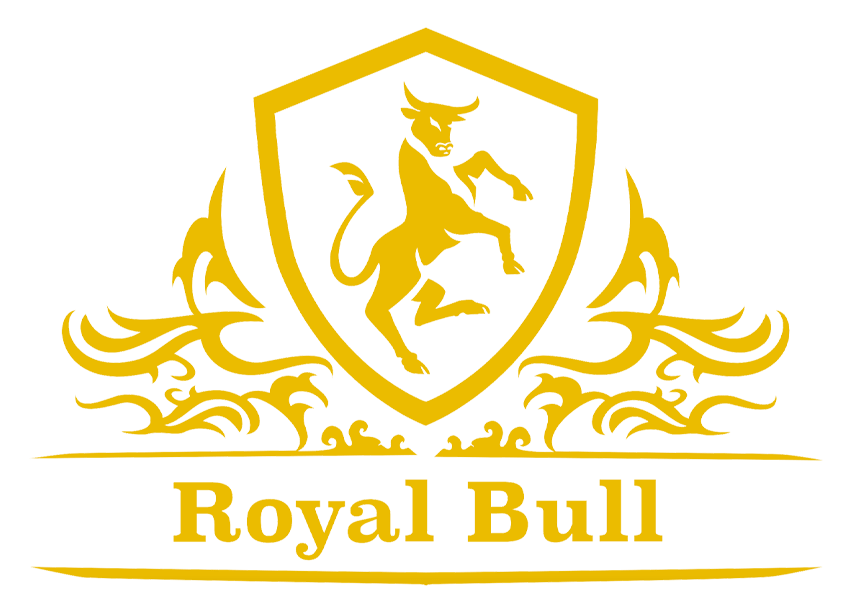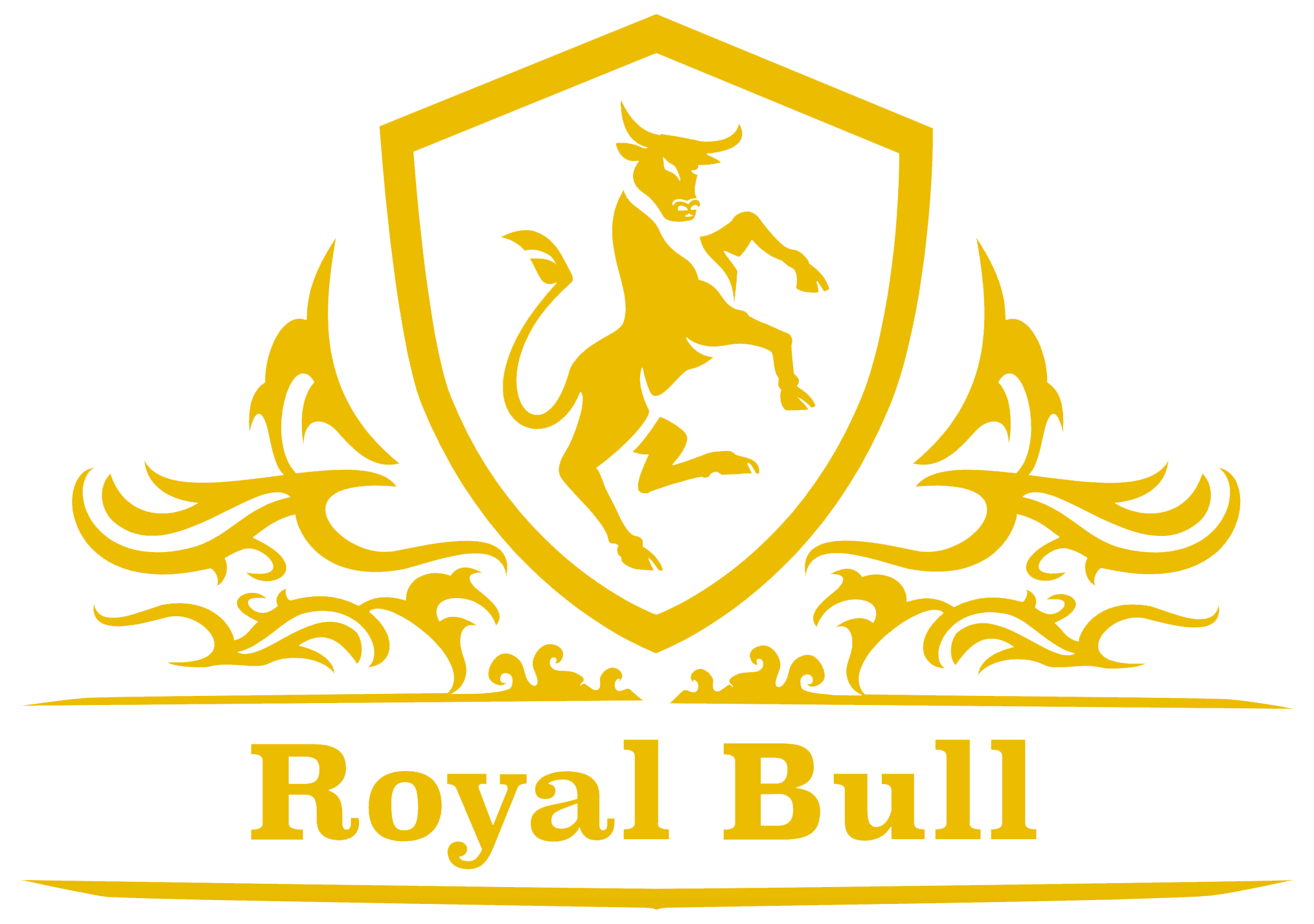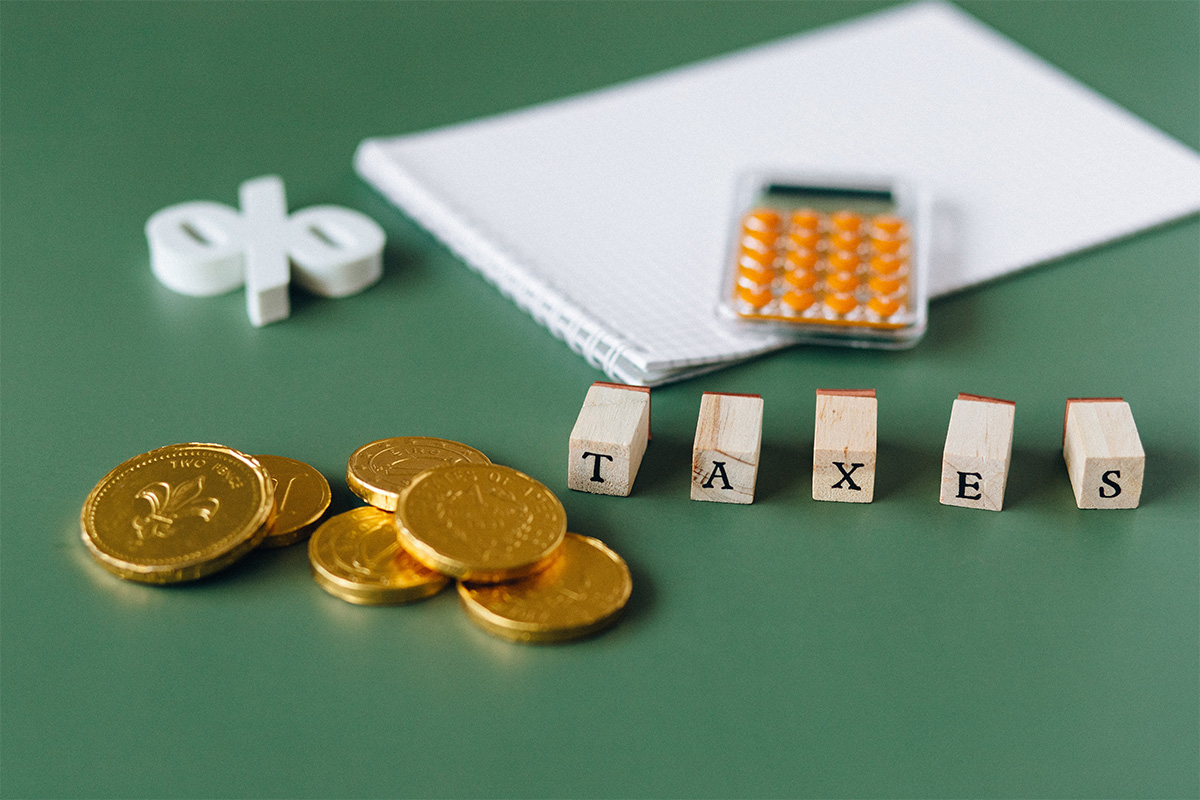Investing in physical precious metals is certainly different from every other investment available to Canadians. It can be more fun, more profitable and far more interesting. There are a few similarities though, and it involves the dreaded word we all fear: taxes.
In the case of the Government of Canada, a “precious metal” refers to a bar, ingot, coin or wafer of gold, platinum or silver that is refined to a purity level of at least
- 99.5% in the case of gold and platinum, and
- 99.9% in the case of silver.
What are the Taxes on Gold in Canada?
You will not need to pay HST, since the Government of Canada exempts gold products with 99.9% purity from this loathed sales tax. This includes most types of precious metals for sale, including gold bars, gold coins and gold rounds.
Unfortunately, just like selling other investments that you profited on, you must pay taxes (“capital gains”) on the profits you gained on your gold investments. Keep in mind that this taxable amount is only applicable if you sell your gold investments.
The exact amount you will owe depends on your investment profits and your individual financial situation.
This capital gains reporting requirement is only valid for gold divestments valued at over $1,000.
How much Tax Will I Need to Pay on Silver in Canada?
There is no HST on purchases of silver in Canada, as long as the silver is at least 99.9% pure and you are buying silver in standard formats, such as silver bars, silver coins and silver rounds.
Here in Canada, whether you invest in cars, homes, stocks or precious metals, you will need to pay taxes. That includes the silver products that you sell to Canadian precious metal dealers like Royal Bull. Learn more about what your reporting obligations are by speaking with your accountant or tax professional.
Keep in mind that this only applies to silver valued at over $1,000.
What Taxes do I Pay on Platinum in Canada?
The platinum products available on Royal Bull’s Canadian website have purity of over 99.5%, so they are all exempt from HST (sales tax).
Just like any other investment, you must pay taxes on the profits of your platinum investments too, whether they are platinum bars or platinum coins. Note that this only applies to platinum valued at over $1,000.
Just like other investments, the Canada Revenue Agency only applies taxes on capital gains if they are sold.
What Are the Taxes on Palladium in Canada?
Unfortunately, you will need to pay HST on your palladium purchases. The Government of Canada considers palladium a precious metal, but does not consider it bullion since it is most often used for manufacturing processes.
Fortunately, since the Government does not consider palladium ‘bullion’, you do not need to claim any of your palladium sales’ profit on your taxes.
Note that this rule only applies to Canada. The Internal Revenue Service (IRS) considers palladium to be precious metals that are classified as collectible and thus are subject to taxes.
Choose an Authoritized and Registered Canadian Dealer in Precious Metals
Royal Bull is registered through the Government of Canada’s Proceeds of Crime (Money Laundering) and Terrorist Financing Act (PCMLTFA). This means Royal Bull helps to make the precious metals industry here in Canada more secure and compliant than dealers in other countries.
Many Canadian dealers, including Royal Bull, are required to file the Government of Canada’s T5008 Return of Securities Transactions form. This is to “report purchases of securities as principal for their own account, and sales of securities they make as an agent or nominee, for any vendor. Issuers of securities and their agents or nominees use this information return to report redemptions, acquisitions, or cancellations of securities.” 1
Be Sure to Fully Understand Your Tax Obligations and Reporting
Although Royal Bull is always here to help, for tax assistance and individual tax advice, please contact your financial advisor or tax professional. This will help you to fully understand the nuances of Canada’s income tax rules and how it affects your precious metal investments.




